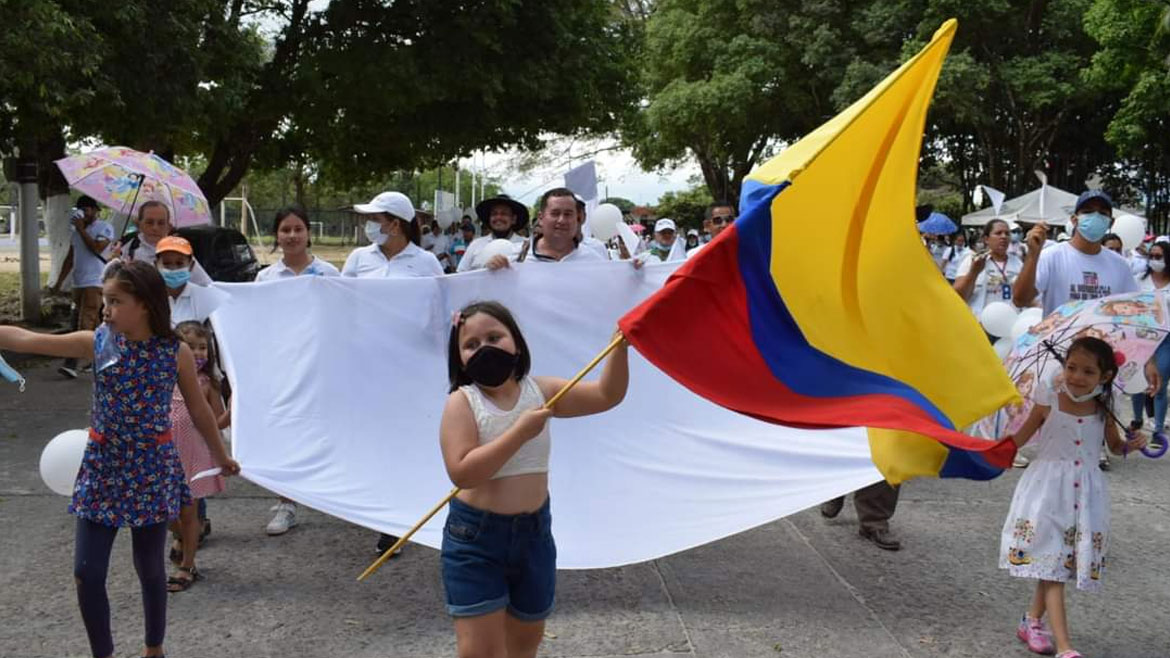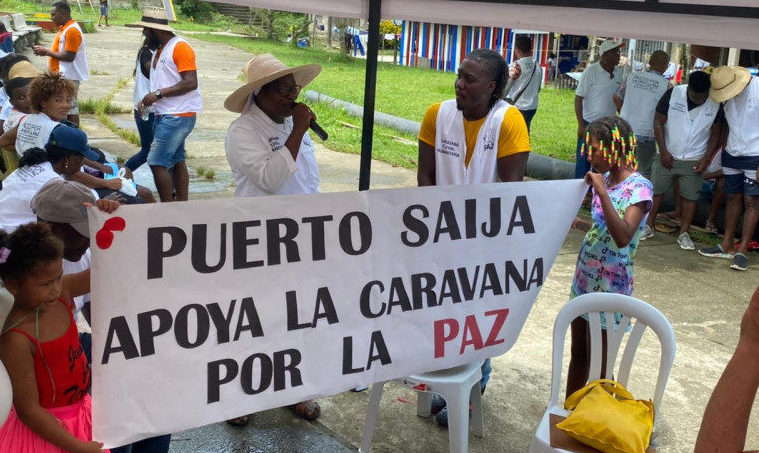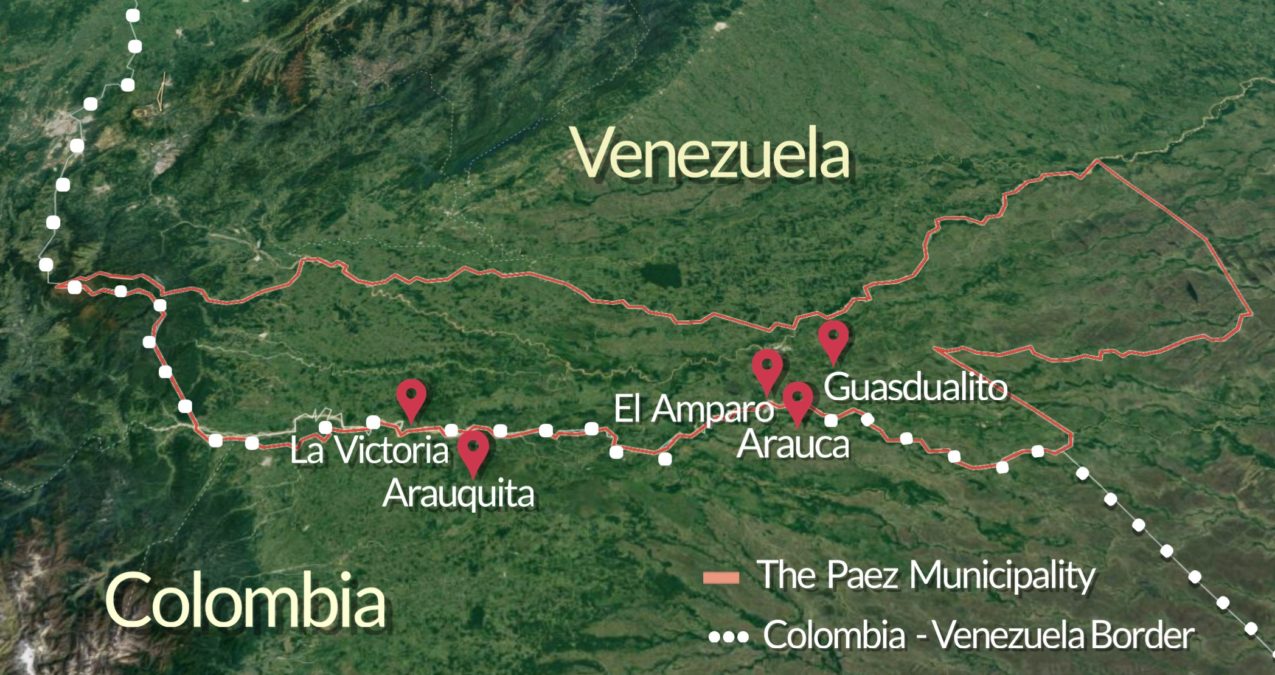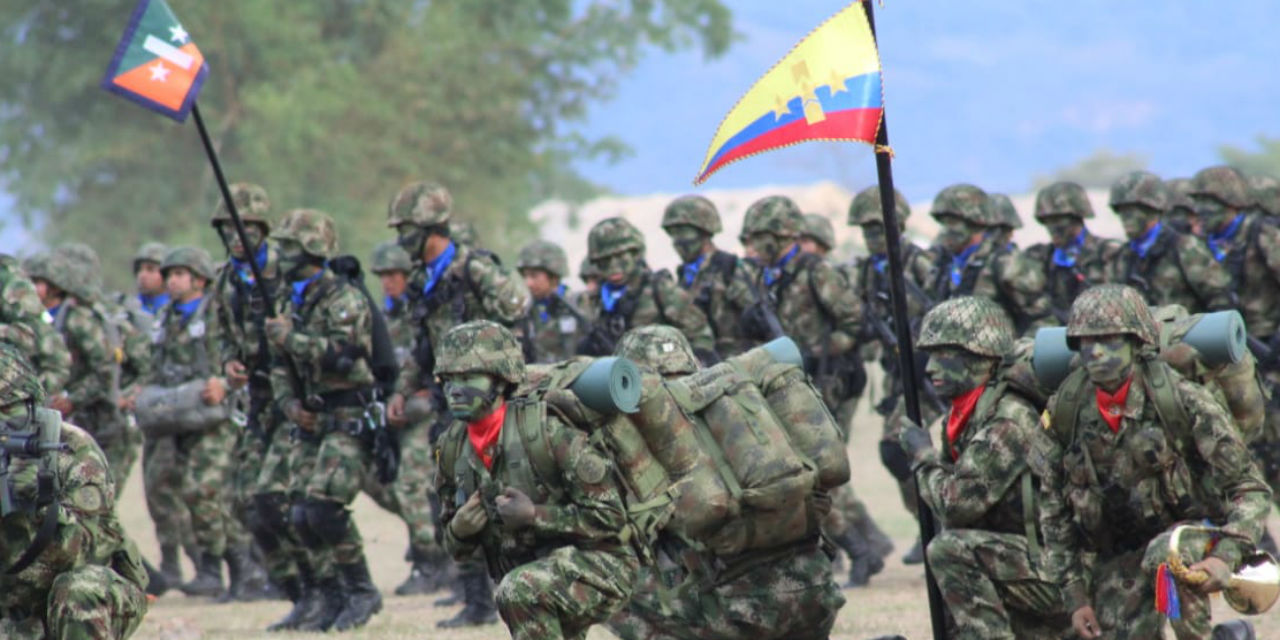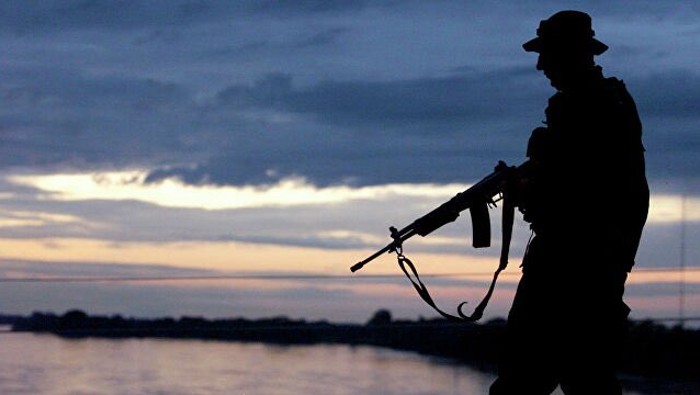
Multi-sided warfare across Colombia
Despite a peace process that has faltered under President Ivan Duque, the internal war in Colombia continues nearly across the country—now involving multiple armed actors: remnant guerilla groups, resurgent paramilitary forces, regional cartels, and the official security forces. Thousands have been displaced in recent months, as campesino and indigenous communities are either caught in the crossfire or explicitly targeted. (Photo: INDEPAZ via Contagio Radio)



